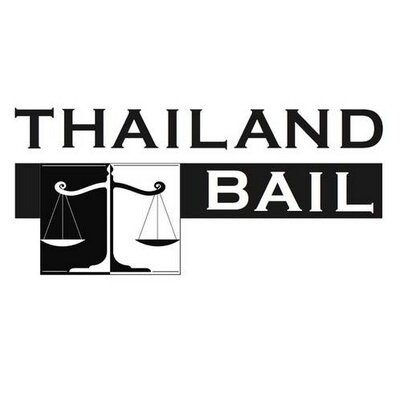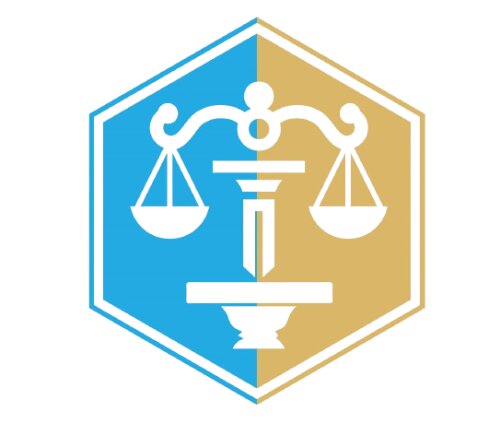Best Class Action Lawyers in Bangkok
Share your needs with us, get contacted by law firms.
Free. Takes 2 min.
List of the best lawyers in Bangkok, Thailand
Legal guides written by Smart Legal Solutions:
- Main Legal Measures to Protect Foreign Investment in Thailand
- The importance of the geographical indications for the Thai economy
Legal guides written by SIAM LEGAL INTERNATIONAL:
- Defamation Laws in Thailand: Criminal Charges and Civil Suits
- The State of Thailand’s Long-Term Resident (LTR) Visa Program in 2025
- The Penalties Of Not Filing Your Income Tax Return As A Foreigner In Thailand
About Class Action Law in Bangkok, Thailand
Class action law in Bangkok, Thailand, provides a legal avenue for a group of people with similar grievances to collectively file a lawsuit against a defendant. This mechanism is particularly effective in cases where numerous individuals are affected by the same issue, such as corporate misconduct, product liability, or environmental damage. Class actions can enhance efficiency in the judicial process by consolidating numerous similar cases into a single lawsuit, thereby saving time and resources.
Why You May Need a Lawyer
There are various situations where you might need legal assistance for a class action case in Bangkok. Some common scenarios include being impacted by defective products, suffering damages from environmental pollution, losing money due to misleading financial products, facing discrimination by a large entity, or having your consumer rights violated. A lawyer specializing in class action lawsuits can help you understand whether your case qualifies for a class action and can guide you through the complex litigation process to seek justice and compensation.
Local Laws Overview
The legal framework governing class actions in Thailand is detailed in the Civil Procedure Code, which was amended to allow class action lawsuits. These laws set precise criteria for initiating a class action, including requirements on the representativeness of the lead plaintiff, the commonality of legal or factual issues among the class members, and the efficiency of handling the cases collectively. Key aspects also involve notice to class members, court approval of any settlements, and distribution of damages awarded among class members.
Frequently Asked Questions
What is a class action lawsuit?
A class action lawsuit is a legal process where a group of people collectively bring a claim to court with a representative plaintiff acting on behalf of the group.
Who can file a class action lawsuit in Bangkok, Thailand?
Any individual, or group of individuals, who has been affected by a similar issue and meets the criteria set by Thai law can initiate a class action lawsuit. It usually requires the appointment of a lead plaintiff and legal counsel.
How do I know if my case qualifies for a class action?
A qualified attorney can help determine if your case meets the qualifications for a class action based on commonality of the claims, adequacy of representation, and other legal requirements stipulated in Thai law.
What are the advantages of a class action lawsuit?
Class actions can provide an efficient method to handle numerous similar claims, potentially at lower costs for plaintiffs. They can pressure defendants into settlements and can offer a pathway for individuals to achieve justice that might be unavailable in separate lawsuits.
How long does a class action lawsuit take?
The duration of a class action lawsuit varies widely based on several factors, including the complexity of the case, the number of plaintiffs, and court schedules. Cases can take several months to several years to resolve.
What types of cases are typically class actions?
Typical class action cases may include product liability, consumer protection violations, fraud, environmental harm, and employment discrimination.
What kind of compensation can I expect from a class action lawsuit?
Compensation can vary and may include monetary damages, corrective measures by the defendant, or products/services as a form of settlement. The distribution of compensation is subject to court approval.
Can I opt out of a class action lawsuit?
Yes, usually individuals are given the notice to opt-out if they do not wish to be part of the class-settlement. By opting out, they retain the right to sue individually.
Do I need to appear in court if I am part of a class action?
Typically, a lead plaintiff will represent the class. Most class members do not need to appear in court unless required or they choose to participate actively.
How are lawyers compensated in class action lawsuits?
Lawyers in class action cases often work on a contingency fee basis, meaning they only get paid if the plaintiffs receive compensation.
Additional Resources
Individuals seeking more information on class actions in Bangkok can refer to the Ministry of Justice, Thai Bar Association, or legal institutions specializing in collective lawsuits. These resources can offer guidance, education materials, and further contacts for legal assistance.
Next Steps
If you consider pursuing or joining a class action lawsuit in Bangkok, the first step is to consult with a legal professional experienced in class action law. They can evaluate your case, explain your rights, and assist in navigating the complexities of the legal system. Make sure to gather all the relevant documents and information related to your case for the initial consultation with your lawyer.
Lawzana helps you find the best lawyers and law firms in Bangkok through a curated and pre-screened list of qualified legal professionals. Our platform offers rankings and detailed profiles of attorneys and law firms, allowing you to compare based on practice areas, including Class Action, experience, and client feedback.
Each profile includes a description of the firm's areas of practice, client reviews, team members and partners, year of establishment, spoken languages, office locations, contact information, social media presence, and any published articles or resources. Most firms on our platform speak English and are experienced in both local and international legal matters.
Get a quote from top-rated law firms in Bangkok, Thailand — quickly, securely, and without unnecessary hassle.
Disclaimer:
The information provided on this page is for general informational purposes only and does not constitute legal advice. While we strive to ensure the accuracy and relevance of the content, legal information may change over time, and interpretations of the law can vary. You should always consult with a qualified legal professional for advice specific to your situation.
We disclaim all liability for actions taken or not taken based on the content of this page. If you believe any information is incorrect or outdated, please contact us, and we will review and update it where appropriate.
















